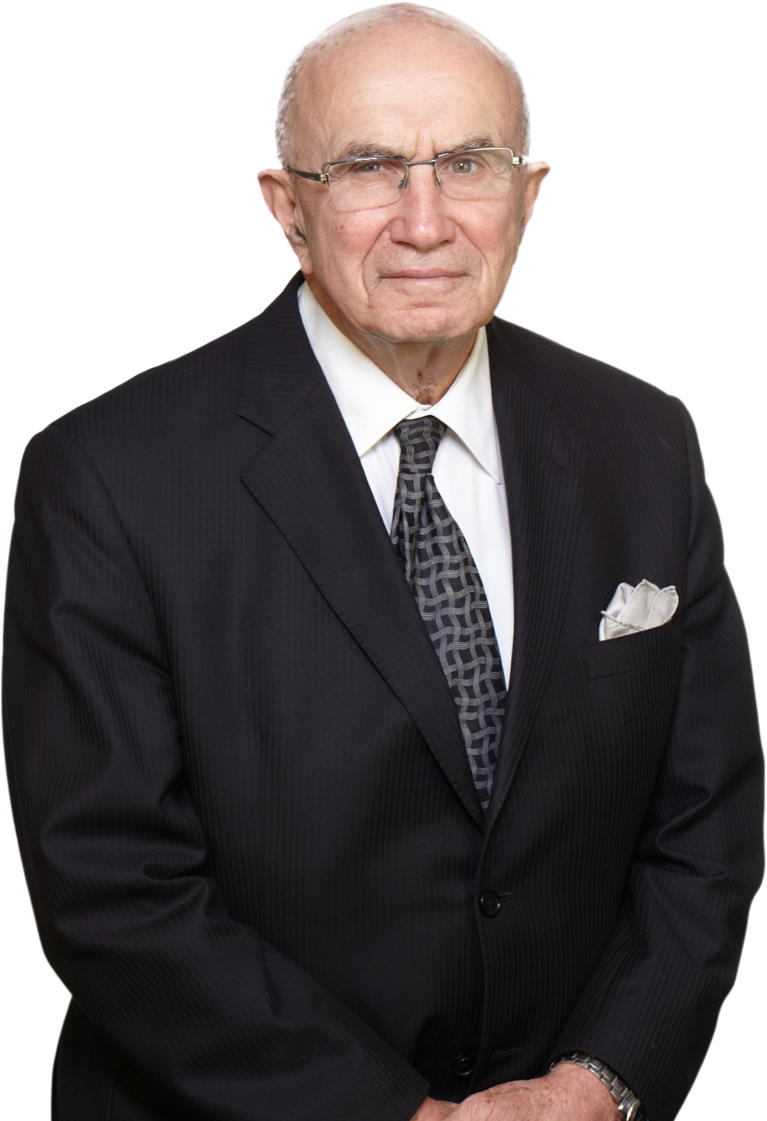Earl Cherniak Q.C. was recently interviewed about a costs ruling that has been through two levels of appeal so far and is now the subject of an application for leave to the Supreme Court of Canada.
The decision in question is a decision of the Divisional Court of Ontario which delayed the costs award in an appeal until the outcome of a class action certification motion. Cherniak says that decision was highly unusual, and raised an access to justice issue for the appellants.
“The overwhelmingly common rule is that if you win an appeal, then you're entitled to the costs, irrespective of what the final result might be after the matter is remitted to the original court,” explains Cherniak, who is representing the appellants in Amyotrophic Lateral Sclerosis Society of Essex v. Windsor (City) – a pair of class action proceedings where three charities are seeking restitution for licensing and administration fees charged by municipalities that they allege are a tax imposed without legislative authority.
“What was surprising was how the Divisional Court dealt with the costs, which is why, most unusually, the Court of Appeal granted leave to hear the appeal on costs in the first place,” he adds.
The Divisional Court said success on appeal was divided, saying that the plaintiffs were successful in having the decision of the motion judge set aside but unsuccessful in obtaining an order certifying the class proceeding. The court remitted the costs issue back to the motion judge, to be determined as part of the overall costs of the certification motions.
In its decision on the costs appeal, the Court of Appeal looked at whether the Divisional Court erred in refusing to award costs to the charity class representatives, despite their success on the substantive issue they appealed, and determined that its refusal to award costs was “plainly wrong”.
“It is not generally appropriate that the appellants carry the financial burden of their successful appeal from the motion judge's decision until the conclusion of the certification motion and potentially until the trial itself,” said Justice Weiler.
The proceeding has since been certified as a class action and the defendants are seeking leave to appeal the costs decision to the Supreme Court of Canada.
